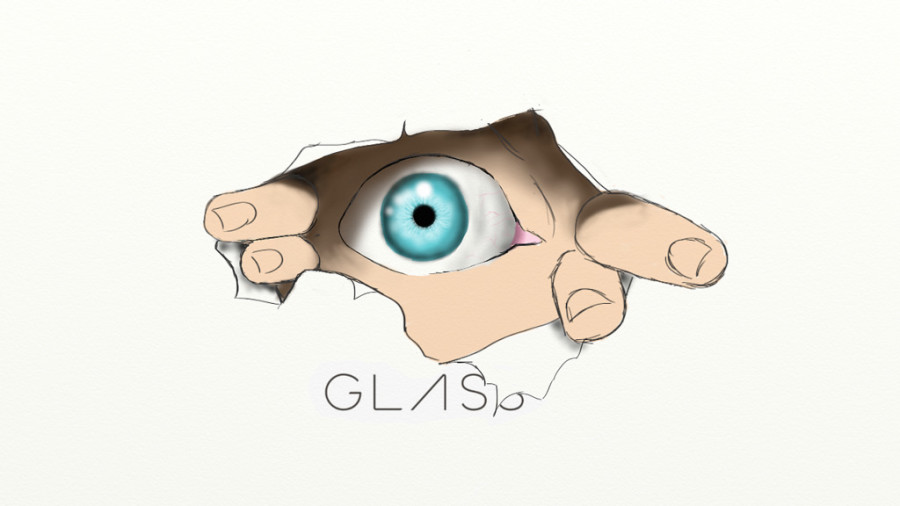The rise of wearable technology
May 14, 2014
Businesswire has surveyed the rate by which consumers are taking to wearable technology — the first such survey it has ever conducted — and they have come up with some notable findings.
In a report issued late last month, the organization found that Americans are ready to share their personal health data and that interest around wearable technology is high, given the transition of tech culture out of the smartphone era.
“81 percent of consumers would use a wearable health device,” Businesswire said. “90 percent of consumers would share health data in order to help researchers develop or better understand a disease, or improve treatment options.”
The growth of wearable technology means that in the not-so-distant future, the concept of personal privacy will be re-assessed. Standard recording devices will become obsolete, information can be accessed in half the time that it takes currently, and keeping people from recording content will become harder or impossible to control.
And though there are many benefits to the recording of communication, sleep patterns and fitness routines, it is worth noting that there is a privacy trade-off that comes with it.
Still, it is clear that major resistance to the devices have already developed, predominately with the buzz emanating around Google Glass.
As Google Glass begins to slowly make its way out of Google’s top secret Research & Development labs and into the hands of consumers, outside app developers, the press and even some lucky members of the general public, it is eliciting many charged reactions.
Obed Vazquez, instructor and dean of the social sciences division at Diablo Valley College voiced that how people are using technology in the classrooms is something that is of a rising concern, as Google Glass has already been seen on our campus.
“The main concern is about privacy use in the classroom, the glasses were being used by the student, and it just arose questions in terms of how we use technology in classrooms,” Vazquez said. “We can’t be recording in a classroom without permission — in the classroom it is sort of like that public/private divide. The people are there for instruction, not to be there for taping and release on Youtube the next day.”
Google Glass aside, wearables can also be sported on various parts of the body. The head, upper body, wrists and feet — all of which entertain smartwatches, biometric monitoring devices and wearable cameras. These are just a small glimpse of the new wearable era that is fast approaching.
All of these conjure up the concern of conflict and privacy. Yes, the technological industry needs to be encouraged to develop software that shares information, but to a point where ethics are involved. People should be well aware of their privacy, or lack thereof, that comes when purchasing wearable technology. The world is approaching a shift in eras that will be outlining and defining the traditional view of privacy and just how much the public values it as such.
Tom Buehrer, senior vice president at TNS puts it well, “The main challenge lies in convincing people of its value and developing a device with mass appeal. The future of computing will be wearable, the question is, which kind of computers will people actually wear?”
Technology has connected millions over the past several decades. Now, rampant growth with a lack of privacy awareness threatens to undermine the concept of privacy itself — and wearables may be the approach that re-defines it entirely.






































































